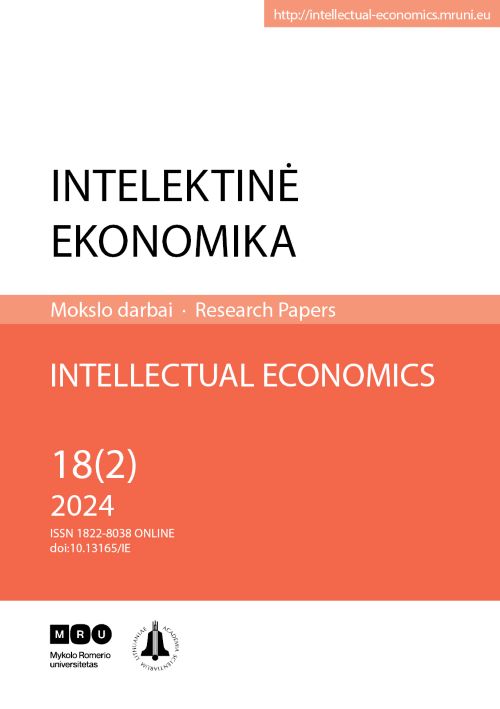The impact of cyber security management on the digital economy: multiple case study analysis
##plugins.themes.bootstrap3.article.main##
Abstract
Purpose: The paper has empirically investigated the security impact of cyber security management on the digital economy across sub-Saharan African countries using Nigeria and Cameroon as a case study. To achieve these goals, the study considered three specific objectives such as examining the past and current trend of cyber-crimes perpetrated in the digital economy of the selected sub-Saharan African countries, examining the nature and types of cyber security protocols and already established laws in combating cyber-crimes in the digital economy; and also evaluating the roles of economy stakeholders in the repositioning and enforcement of cyber security protocols in effectively combating cyber-crimes in the digital economy.
Methodology: This study adopted a descriptive design. The research is constructed using a mixed research strategy (quantitative and qualitative methods; primary and secondary data collection and analysis) to highlight the main findings (three hypothesized research questions are tested about respondents’ views using content analysis of semi-structured interviews and triangulation of the results) and draw a valid and reliable conclusion.
Findings: The analysis revealed three main findings: it highlighted the key link between understanding the digital economy and cyber security management to provide the 262 The Impact of Cyber Security Management on the Digital Economy: Multiple Case Study Analysis main framework; it examined the nature of cyber security protocols and laws in combating cybercrimes in the digital economy; and it evaluated the roles of economic stakeholders in the repositioning and enforcement of cyber security protocols in effectively combatingncybercrimes.
Originality: This study’s results, findings, and discussions/recommendations will have future positive consequences in the fight against cyber insecurity in the private and public global digital space.
##plugins.themes.bootstrap3.article.details##
Authors contributing to Intellectual Economics agree to publish their articles under a Creative Commons Attribution 4.0 International Public (CC BY) License, allowing third parties to share their work (copy, distribute, transmit) and to adapt it, under the condition that the authors are given credit, and that in the event of reuse or distribution, the terms of this licence are made clear.


 https://orcid.org/0000-0002-0079-9508
https://orcid.org/0000-0002-0079-9508





